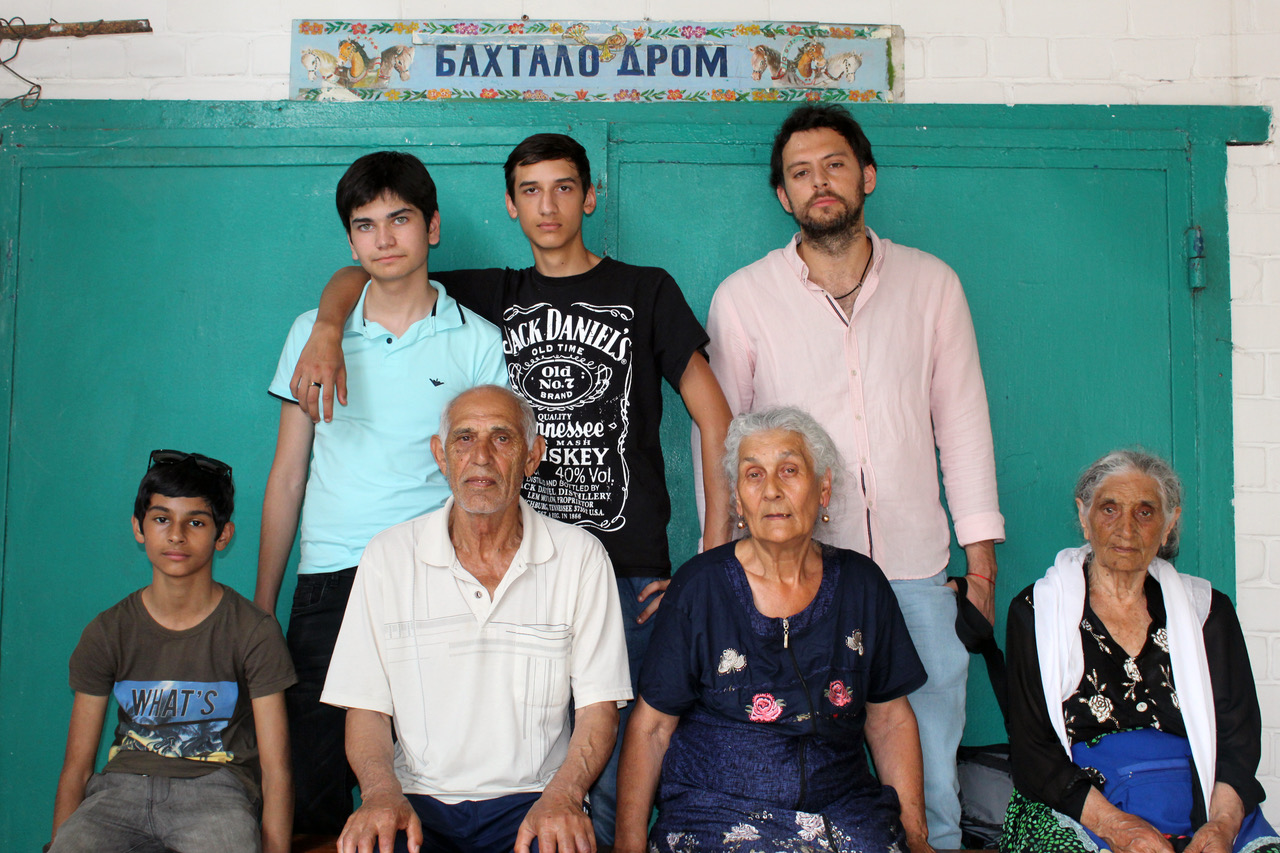As part of the project Roma and War, the research team conducted 30 in-depth interviews with Roma who were affected by Russia’s war on Ukraine in various ways. The personal testimonies of the Roma people affected by the war reveal their opinions, motivations, and, most importantly, substantial changes happening within the community. Ukrainian Roma, who traditionally adhered to pacifism and refrained from involvement in military conflicts, in this war have both expressed support for Ukraine and increasingly often regarded themselves as part of the Ukrainian political nation. Homanyuk's research also touches upon the topic of the relationship between Roma in Ukraine and in Russia. For many Roma, showing solidarity with Ukraine became a source of family conflict, as almost all respondents have Roma relatives in Russia. The conducted interviews are an important archival record of how the Roma community is adapting to the new circumstances of the war, especially after displacement to EU countries.
In addition to conducting the interviews, Homanyuk collected internet sources such as social media posts and videos. These sources complement the findings of the in-depth interviews. One of the most widely shared social media stories in February 2022 was about Roma in the village of Lyubymivka in the Kherson region, who reportedly stole a Russian tank (more on this in: Mykola Homanyuk and Janush Panchenko, "From a Pilfered Nail to a Stolen Tank: The Role of a Media Event in the Consolidation of the Ukrainian Political Nation," in War, Migration, Memory: Perspectives on Russia's War Against Ukraine, ed. Viktoriya Sereda (transcript Verlag, 2025), 351–365). Homanyuk’s report includes over 30 references to this story. The actual number of its shares and reproduction is much higher. Until today, many people in Ukraine, Russia, and across Europe are familiar with the story of the stolen tank. Within the Roma community, every single interview participant knew the story. Besides, most of them considered the story to be true and took pride in the Roma's actions. Homanyuk’s research sheds light on such expressions of civic patriotism, on shifts in Roma self-perception, and on their strategies of adaptation.
We are proud to continue to support Mykola Homanyuk and his research team in their next endeavour focusing on Ethnicity, Belonging, War: Effects of the Russian Invasion on Ukraine's Ethnic Minorities. You can read more about this topic here: Elmira Muratova and Nadia Zasanska, eds. Minorities at War: Cultural Identity and Resilience in Ukraine. Routledge, 2025.
Photo of members of the Roma community in Beryslav by Samira Tymchenko


